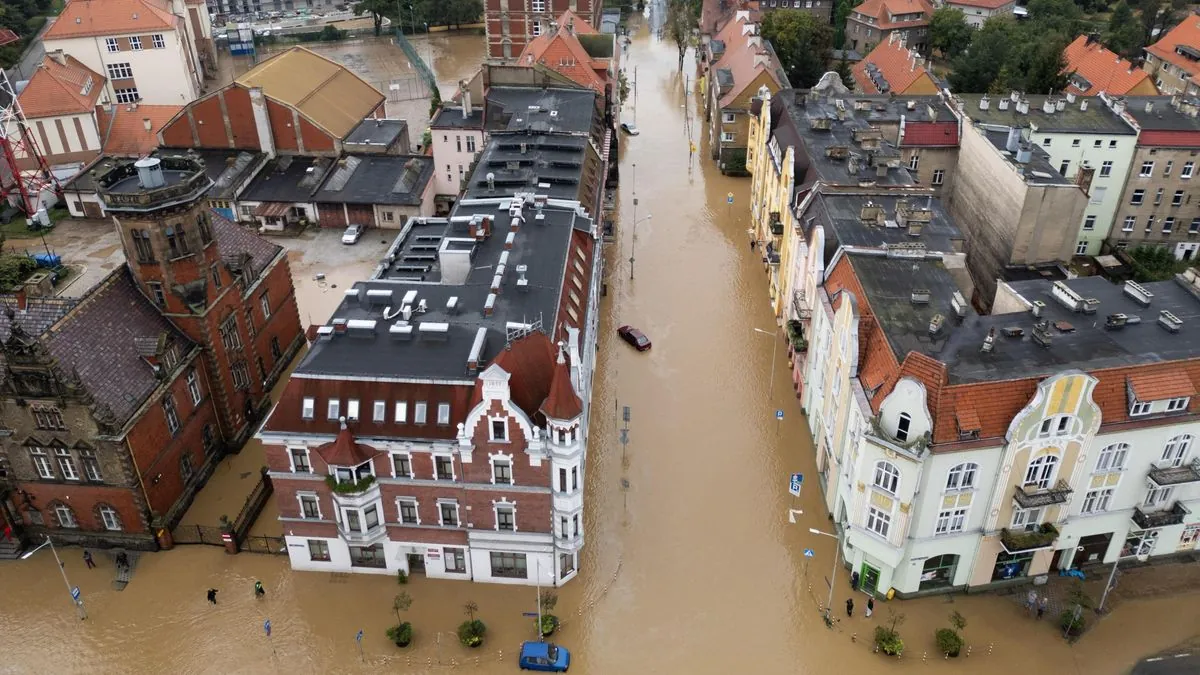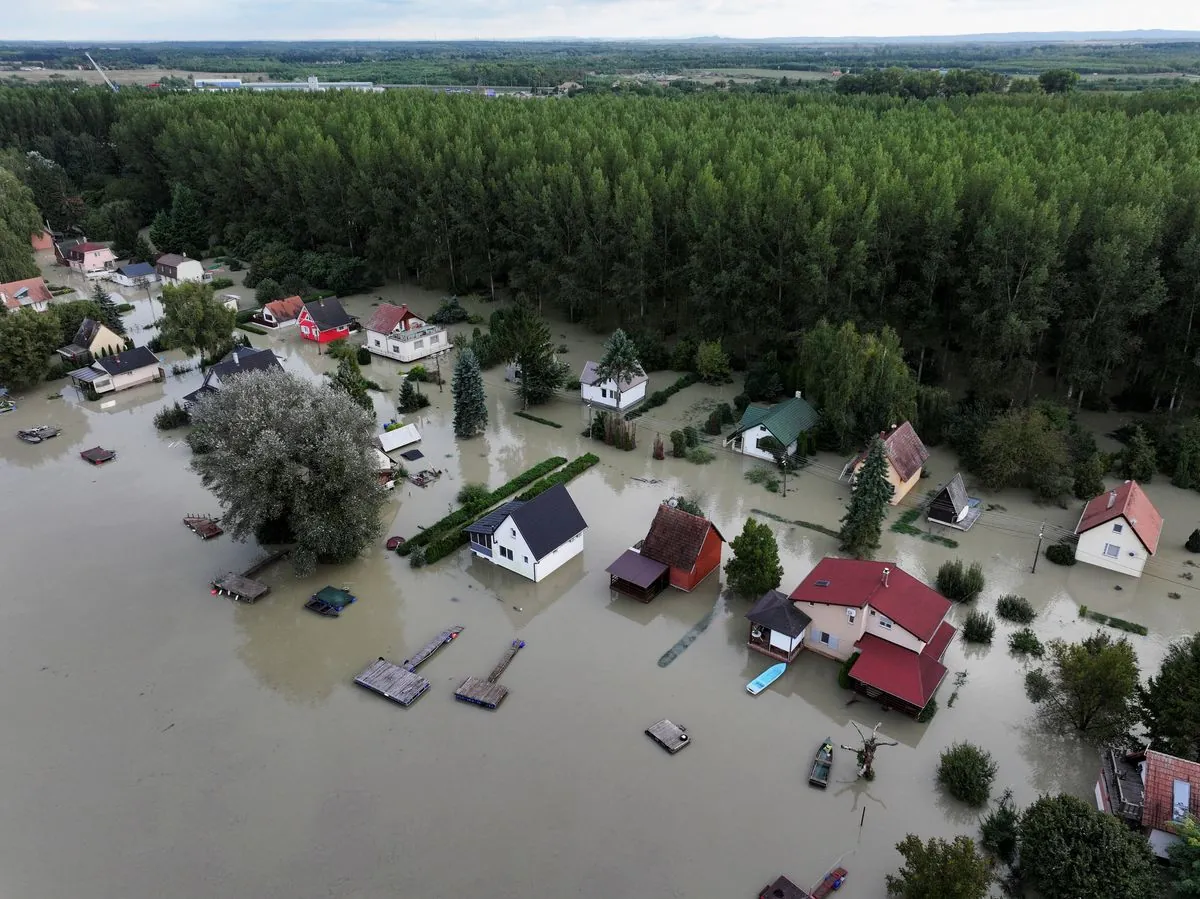Climate Change Doubles Risk of Severe Flooding in Central Europe
Storm Boris caused devastating floods in Central Europe, killing 24. A study reveals climate change doubled the likelihood of such extreme rainfall, intensifying it by up to 20%.

In mid-September 2024, Storm Boris unleashed unprecedented rainfall across Central Europe, resulting in catastrophic flooding that claimed 24 lives and caused extensive damage to infrastructure. A recent study by World Weather Attribution has revealed the significant role of human-induced climate change in this disaster.
The research indicates that climate change doubled the likelihood of such extreme precipitation and intensified the rainfall by 7-20%. This event, affecting Romania, Poland, Czechia, Austria, Hungary, Slovakia, and Germany, saw the heaviest four-day rainfall ever recorded in the region.

Joyce Kimutai, the study's lead author from Imperial College London, emphasized the devastating consequences of fossil fuel-driven warming. The analysis employed climate models to compare current conditions with preindustrial times, demonstrating the impact of the 1.3°C global temperature increase.
"To see records being broken by such large margins, that is really the fingerprint of climate change. And that is only something that we see in a warming world."
The flooding overwhelmed infrastructure and emergency management systems, with damage estimates in the billions of euros. In response, Ursula von der Leyen, the European Union chief, has pledged substantial aid for affected countries.
This event highlights the increasing importance of climate resilience in urban planning. The European Environment Agency estimates that flood losses in Europe could increase fivefold by 2050, underscoring the urgency of adaptation measures.
The study also warns that if global warming reaches 2°C above preindustrial levels, the likelihood of such extreme events could increase by 50% compared to current levels. This aligns with the Paris Agreement's goal to limit warming to well below 2°C.
Central Europe's geography contributes to its vulnerability to flooding. Romania boasts the largest surface of floodplains in Europe, while the Danube River Basin, Europe's second-largest, spans multiple affected countries. Poland's Vistula River, stretching 1,047 km, and the Czech Republic's 21,000 km of watercourses further illustrate the region's complex hydrology.
The flooding was caused by a "Vb depression," a weather pattern where cold polar air meets warm southern air over the Alps. While the frequency of these depressions hasn't changed since the 1950s, their intensity is increasing due to climate change.
This event echoes previous catastrophic floods in 1997 and 2002, which prompted significant investments in flood protection. Germany, for instance, has invested over €6 billion since 2002. However, the recent flooding demonstrates that more action is needed to address the escalating risks posed by climate change.
The World Weather Attribution group, founded in 2015, conducts rapid climate attribution studies to determine the role of climate change in extreme weather events. Their work builds on the first climate attribution study published in 2004 and uses ensemble modeling techniques for accurate assessments.
As extreme precipitation events are expected to increase by 7% for every 1°C of warming, the need for improved early warning systems, like the European Flood Awareness System (EFAS), becomes crucial. Additionally, the concept of "climate resilience" must be integrated into urban planning and infrastructure development to mitigate future impacts.
This devastating flood serves as a stark reminder of the urgent need to address climate change and its far-reaching consequences on communities and ecosystems worldwide.


































